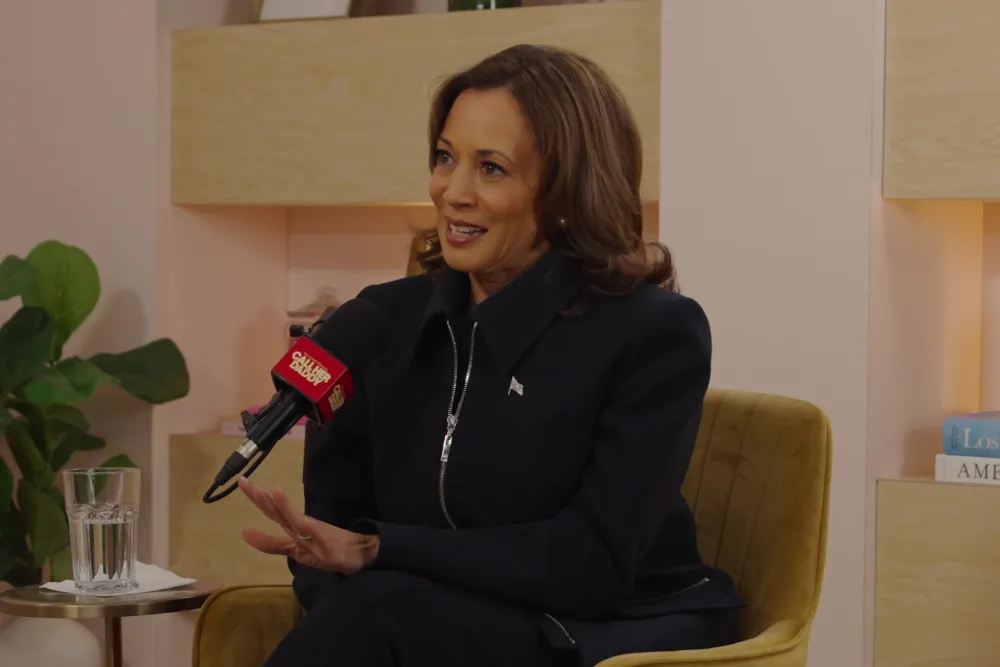As the presidential election date nears, podcasts have become a bigger source for candidate promotion and discussion about how people plan to vote.
Podcasts are a way for political candidates to reach voters who don’t pay attention to the news or politics, Ashlea Rundlett, assistant professor of political science, said.
Vice President Kamala Harris appeared on “Call Her Daddy,” a podcast about sex and dating, and was interviewed by Howard Stern on the SiriusXM podcast two days later.
“It’s clear Kamala Harris is viewing podcasts as a way to get to people who aren’t hearing her message,” Rundlett said.
Former President Donald Trump was successful in his campaigning on the “Flagrant” podcast, according to Brian Kruger, the associate dean of the department of political science. The host of the podcast, Andrew Schulz, is a comedian, and when Trump told him he’s a truthful person, Schulz laughed. However, because the podcast is viewed as casual and comedic, Trump’s supporters did not complain.
Podcasts are a key to the public in the election cycle, Kruger said. However, he said this particular election has become a coin toss. Every vote counts in the election – whether podcasts influenced the voter’s choice or not.
“Everything that matters right now is the real timeline, including podcasts, and that’s why you see both candidates on podcasts,” Kruger said.
Voters frequently choose podcasts that align with their political perceptions, Rundlett said. The podcast gives them the opportunity to get familiar with one or more hosts and different guests who appear on the podcast.
Anyone can make a podcast that isn’t fact based, according to Rundlett. People can fabricate information and present it as the truth. If the creators get a big fanbase, those listeners are going to rely on them for the news or other content. It’s up to the listener to pay attention and fact-check whether their information is reliable or not.
Listeners need to be alert while they consume information from podcasts, Kruger said. The listener must consider what should be information they are receiving from the podcast and be wary of false narratives.
“We should always be skeptical,” Kruger said.





